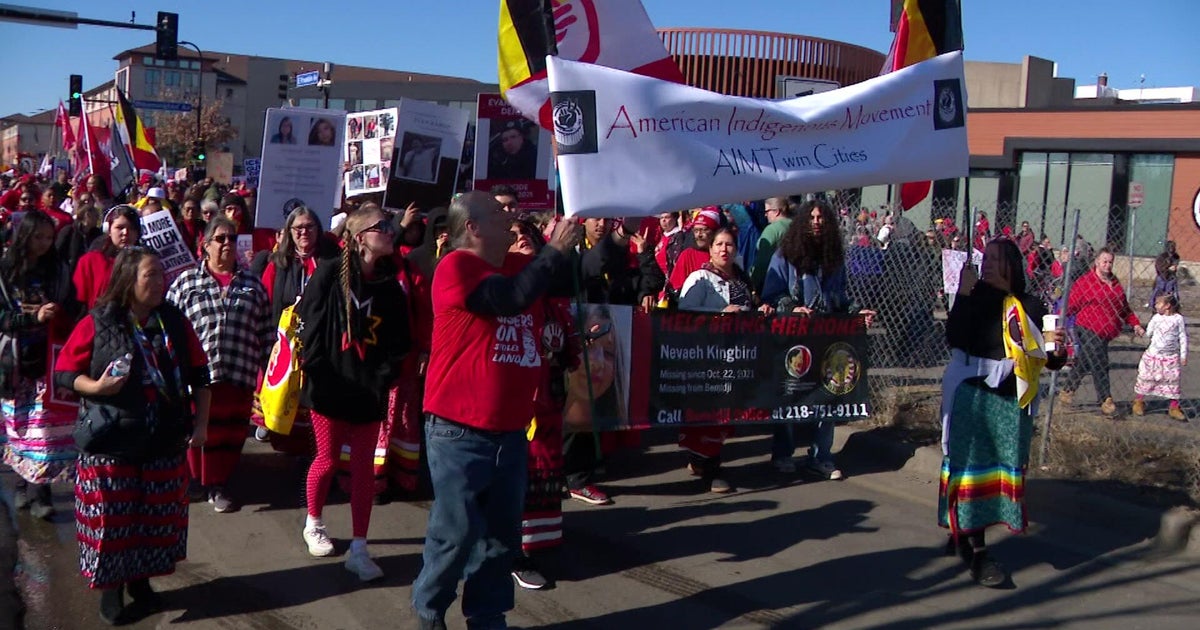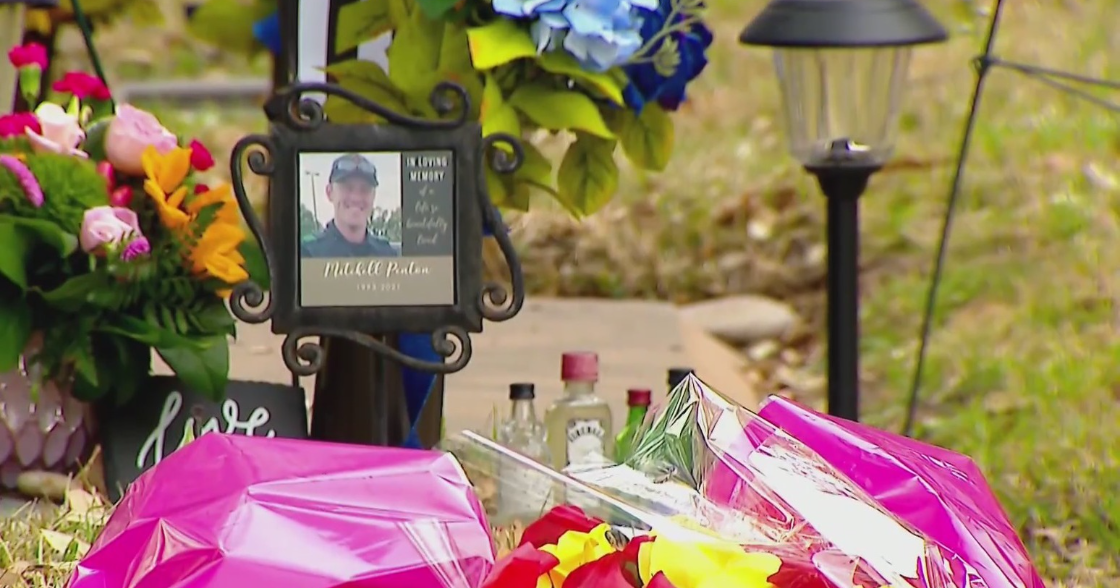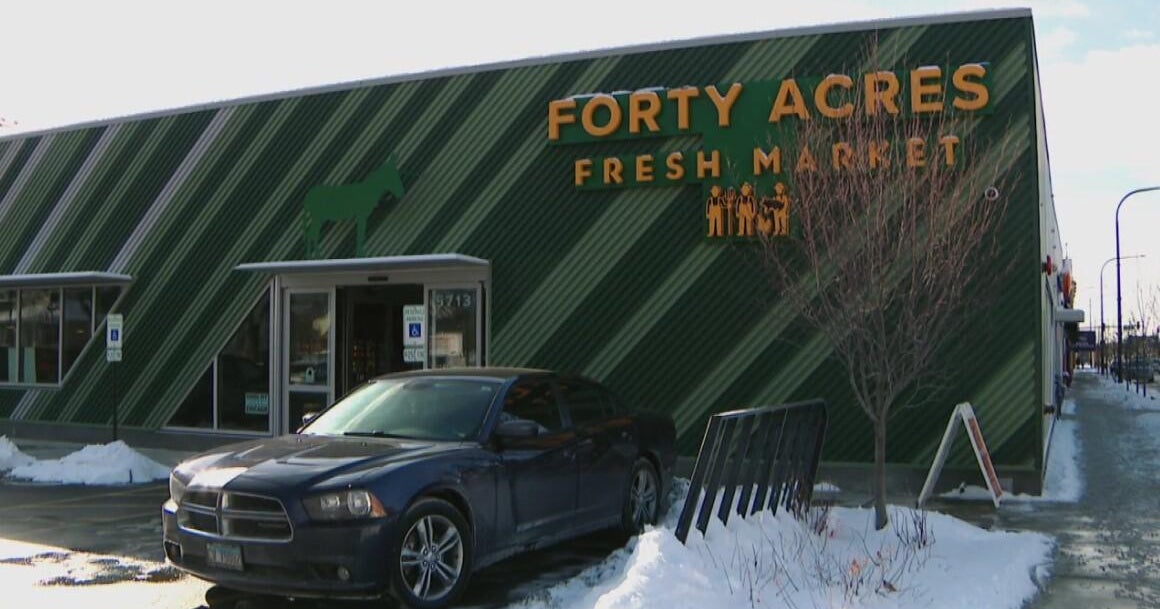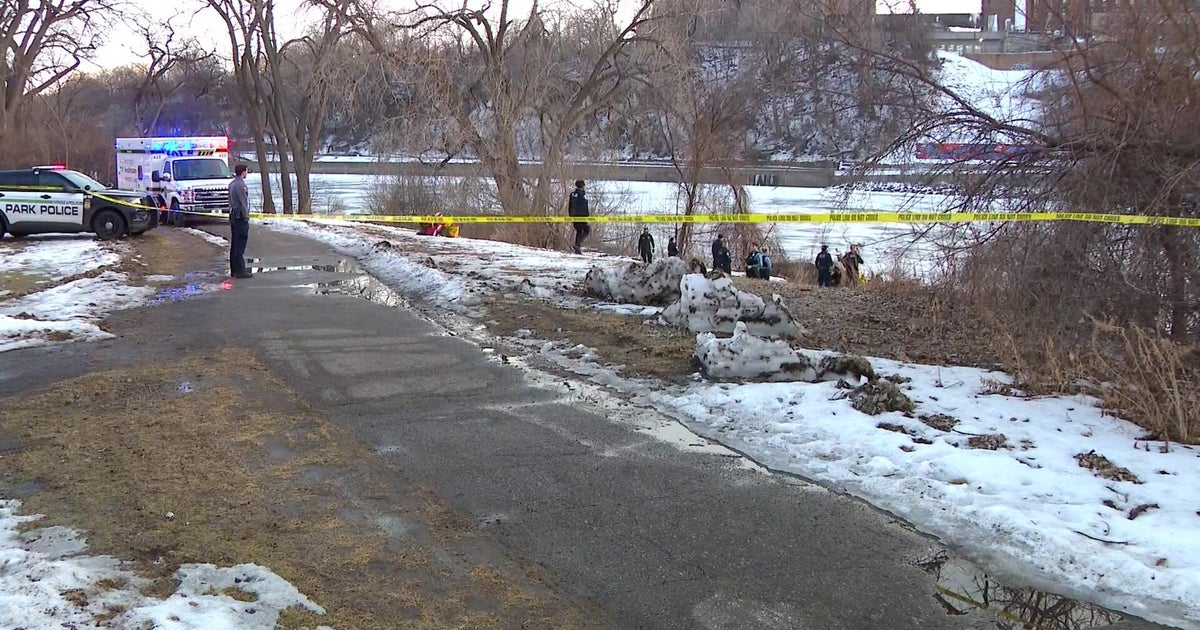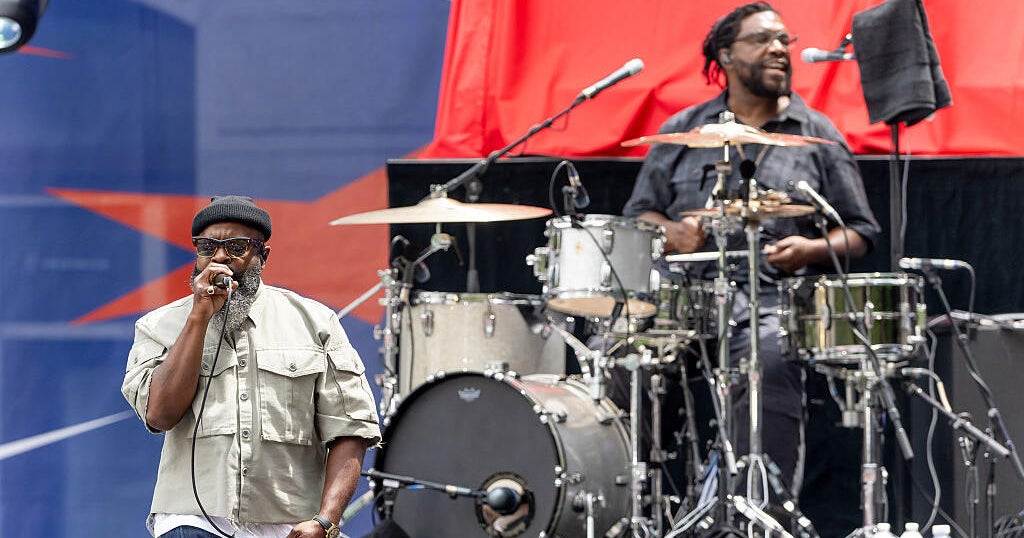After Generations, Lower Sioux Community Gets Ancestral Land Back
This story was originally published on Feb. 12, 2021
MINNEAPOLIS (WCCO) -- The Lower Sioux Community is celebrating the return of ancestral land with great historical significance. It's the site where the Dakota War of 1862 started after the United States did not honor the Mendota Treaty.
That treaty established more than 100 acres near Morton, Minnesota as the Lower Sioux Agency.
"Today is definitely a historic event," said Grace Goldtooth-Campos.
It was an emotional and historic day for relatives of the Indigenous people who were forced off their land. After generations of being separated from ancestral land, the Minnesota Historical Society gave it back to the Lower Sioux Indian Community.
"And although this is a joyous occasion we cannot forget the history of these lands and the connection to broken promises unfulfilled treaties obligations and the events that led to the loss of the Dakota 38 plus two, " said Lt. Governor Peggy Flanagan.
This land is the site of where the U.S.-Dakota War of 1862 started, a war that led to the largest single-day mass execution in our country's history. Thirty-eight Dakota men were hung in Mankato, for defending their people. This land transfer signals a renewal.
"We are trying to heal ourselves and also we are trying to come back and try to nurture the land and heal the land as well, because the land carries the memories, carries spirit," said Goldtooth-Campos.
The land was accepted in honor of the spirit of the ancestors.
"There were seven generations ago that thought about us today and that's all we can continue to do as leaders is continue to think about the seven generations to come," said Goldtooth-Campos.
Generations these tribal leaders hope will never forget the past and can now begin to take pride in the land that holds the memories of who they truly are.
"There has been generations of struggle, want for change and need for recognition so that the youth and the generations coming ahead can have their heads up in pride and understand that this land was originally theirs," said Kevin O'Keffe.
Lower Sioux Tribal Council members hope this land transfer marks the beginning of more efforts to reclaim traditional homelands of Indigenous people.
